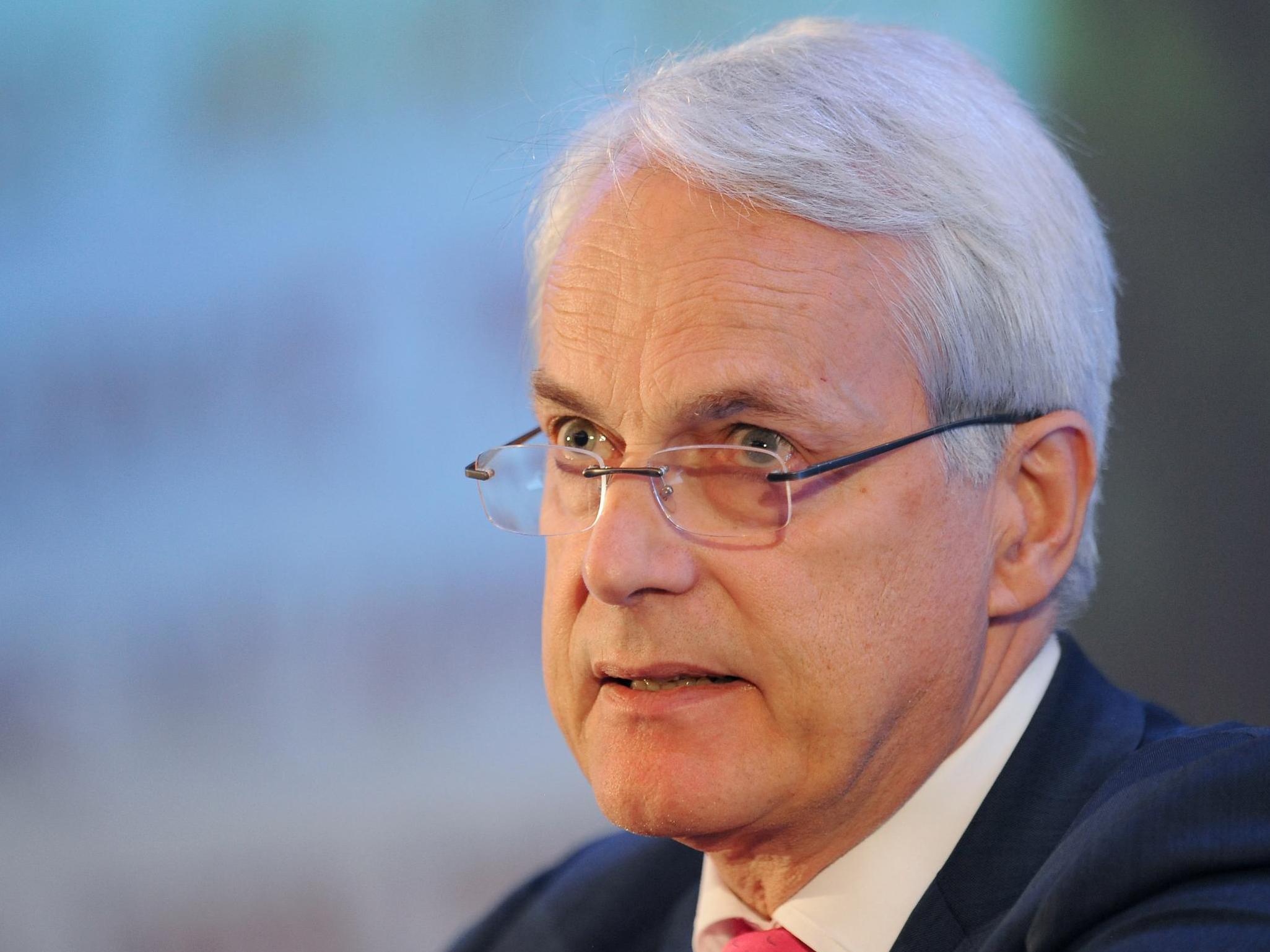Lack of transparency on patient complaints risks confidence in the NHS, warns Mid Staffs inquiry chair
Healthwatch England found just 12 per cent of NHS trusts were complying with existing rules on patient grievances

Public confidence in the health service is being undermined by a lack of transparency from hospitals about patient complaints, the man who led the investigation into one of the NHS’s worst care disasters has warned.
Sir Robert Francis QC, who chaired the public inquiry into the Mid Staffordshire hospital scandal, has called for a new national organisation with powers to set standards on the handling of patient complaints after research found seven in eight hospital trusts do not follow existing rules.
Sir Robert spoke out in an interview with The Independent to mark the 10th anniversary of his first report into poor care at Stafford Hospital, where hundreds of vulnerable patients were neglected.
The prominent barrister is now chair of Healthwatch England, a statutory body, which analysed 149 hospitals’ handling of complaints. Under current legislation every hospital is required to collect and report on the number of complaints they receive, what they were about and what action has been taken.
Healthwatch England found just 12 per cent of NHS trusts were compliant with all the rules. Only 16 per cent published the required complaints reports while just 38 per cent reported any details about learning or actions taken after a grievance.
Sir Robert told The Independent this lack of transparency on what trusts were doing meant it was impossible to judge how well complainants were being treated.
He said: “We’ve lived through some quite turbulent times in the last few years. And one of the issues, it seems to me, socially, is that big sections of the community don’t feel they’re being listened to.
“We need to have a much better culture of listening to people’s experiences and their needs about all sorts of things, but particularly perhaps health, in order to inform how we make things better. If we don’t do that, then public confidence and trust in organisations like the health service will diminish and it will become more difficult to promote the health and wellbeing of the nation.
“The point is we all need to know more than we do here. And there needs to be a more consistent approach all over the country.”
He said better reporting, including the outcome and changes made after a complaint, would create a “collaborative” environment to improving the system with patients and staff alike seeing complaints as a valuable resource.
Sir Robert also said too often complaints were treated in an adversarial fashion with patients treated as “warring parties”.
One persistent problem remained the gap, he said, between hospitals and the national Parliamentary and Health Service Ombudsman. Sir Robert argued commissioners of NHS services should be more involved.
Sir Robert published a second major report into the Mid Staffs scandal in 2013. It made 290 recommendations to improve care, including transforming the complaints system.
He said it was clear that progress had been slow and warned hospitals they risked becoming as distant from what was happening on the front line as Mid Staffs had become.
“Stafford Hospital was very bad at dealing with its complaints. The learning from them was non-existent and any trust board examination was superficial, if it happened at all. It was one of the reasons the board was completely disconnected from the reality on its wards,” he said.
Healthwatch England said the government should toughen rules on transparency and create a new standards authority, potentially added to the responsibilities of the existing Parliamentary and Health Service Ombudsman, to set standards, promote good practice and monitor compliance.
Subscribe to Independent Premium to bookmark this article
Want to bookmark your favourite articles and stories to read or reference later? Start your Independent Premium subscription today.

Join our commenting forum
Join thought-provoking conversations, follow other Independent readers and see their replies